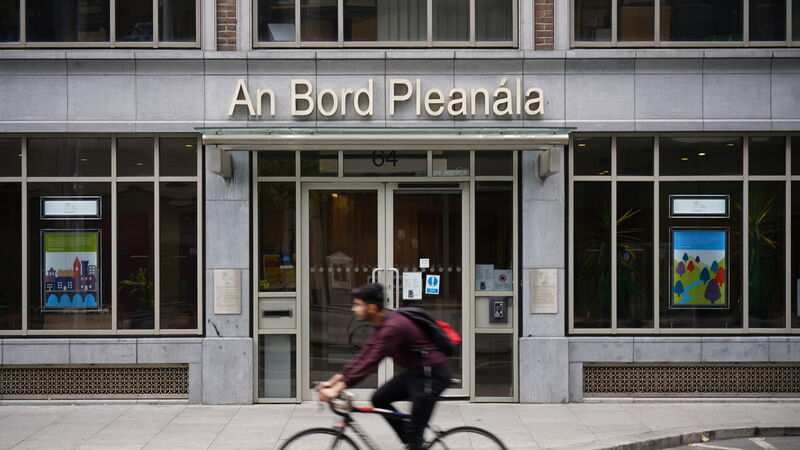Cianan Brennan: Government's handling of An Bord Pleanála scandal has revealed its ideology

An Bord Pleanala has found itself embroiled in scandal throughout 2022.
Laura McCarthy and her husband moved into their home in Raheen in Limerick in January 2021. She was heavily pregnant at the time, and buying their first home had been “an enormous relief” for the couple, she says.
Twelve months later, she looked out her window on a winter’s morning and saw that a giant steel structure, 21 metres in height, had been erected beside her estate overnight.














